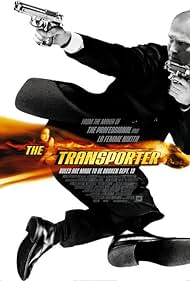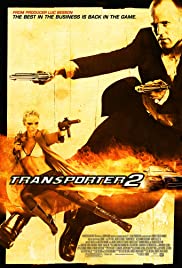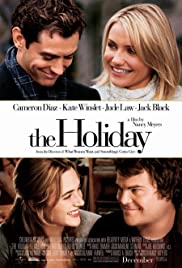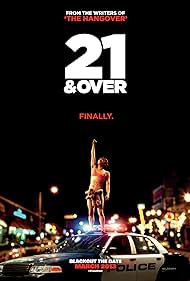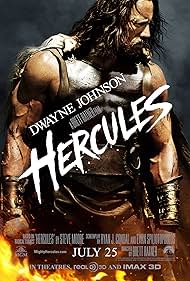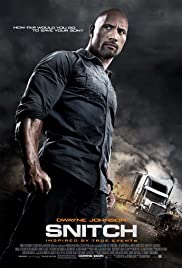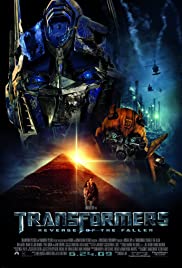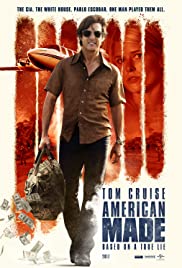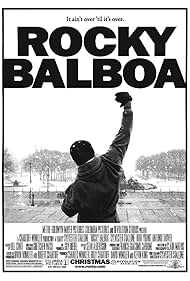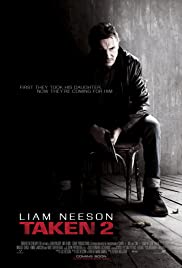The Birth of a Nation Soundtrack (1915)

Buy on Amazon Play and download Soundtracks
El nacimiento de una nación
Synopsis
Part 1: Civil War of United States
The film follows two juxtaposed families. One is the Northern Stonemans: abolitionist U.S. Representative Austin Stoneman (Ralph Lewis) (based on the Reconstruction-era Representative Thaddeus Stevens of Pennsylvania), his daughter, and two sons. The other is the Southern Camerons: Dr. Cameron (Spottiswood Aiken), his wife, their three sons and two daughters. Phil (Elmer Clifton), the elder Stoneman son, falls in love with Margaret Cameron (Miriam Cooper), during the brothers' visit to the Cameron estate in South Carolina, representing the Old South.
Meanwhile, young Ben Cameron (Henry Walthall) (modeled after Leroy McAfee) idolizes a picture of Elsie Stoneman. When the Civil War arrives in 1861, the young men of both families enlist in their respective armies. The younger Stoneman and two of the Cameron brothers are killed in combat. Meanwhile, the Cameron women are rescued by Confederate soldiers who rout a black militia after an attack on the Cameron home.
Ben Cameron leads a heroic final charge at the Siege of Petersburg, earning the nickname of "the Little Colonel", but he is also wounded and captured. He is then taken to a Union military hospital in Washington, D.C. During his stay at the hospital, he is told that he will be hanged. Also at the hospital, he meets Elsie Stoneman (Lillian Gish), whose picture he has been carrying; she is working there as a nurse. Elsie takes Cameron's mother, who had traveled to Washington to tend her son, to see President Abraham Lincoln (Joseph Henabery), and Mrs. Cameron persuades the President to pardon Ben.
Part 2: Reconstruction
Stoneman and his protégé Silas Lynch (George Seigmann), a psychopathic mulatto (mixed race person) (modeled after Alonzo J. Ransier and Richard Howell Gleaves), head to South Carolina to observe the implementation of Reconstruction policies firsthand. During the election, in which Lynch is elected lieutenant governor, blacks are observed stuffing the ballot boxes, while many whites are denied the vote.
Meanwhile, inspired by observing white children pretending to be ghosts to scare black children, Ben fights back by forming the Ku Klux Klan. As a result, Elsie breaks off her relationship with Ben. Later, Flora Cameron (Mae Marsh) goes off alone into the woods to fetch water and is followed by Gus (Walter Long), a freed black man and Union soldier who is now a captain.
Lynch then orders a crackdown on the Klan after discovering Gus's murder. He also secures the passing of legislation allowing mixed-race marriages. Dr. Cameron is arrested for possessing Ben's Klan regalia, now considered a capital crime. He is rescued by Phil Stoneman and a few of his black servants. Together with Margaret Cameron, they flee.
The film concludes with a double wedding as Margaret Cameron marries Phil Stoneman and Elsie Stoneman marries Ben Cameron. The masses at the wedding are shown oppressed by a giant warlike figure who gradually fades away. The scene shifts to another group finding peace under the image of Jesus Christ. The penultimate title is: "Dare we dream of a golden day when the bestial War shall rule no more. But instead-the gentle Prince in the Hall of Brotherly Love in the City of Peace."
Download and play the Soundtrack list
| Play | Title | Artist |
|---|---|---|
|
The Birth of a Nation
|
||
|
Prophecy
|
Henry Jackman:
Performer
|
|
|
Turner Plantation
|
Henry Jackman:
Performer
|
|
|
The Calling
|
Henry Jackman:
Performer
|
|
|
A New Chapter
|
Henry Jackman:
Performer
|
|
|
Cherry Anne
|
Henry Jackman:
Performer
|
|
|
Matrimony
|
Henry Jackman:
Performer
|
|
|
The Oppressed
|
Henry Jackman:
Performer
|
|
|
The Life of Nat Turner
|
Henry Jackman:
Performer
|
|
|
A New Song
|
Henry Jackman:
Performer
|
|
|
Serving Master
|
Henry Jackman:
Performer
|
|
|
The Remission of Sin
|
Henry Jackman:
Performer
|
|
|
Transfiguration
|
Henry Jackman:
Performer
|
|
|
A Call to Arms
|
Henry Jackman:
Performer
|
|
|
The Reckoning
|
Henry Jackman:
Performer
|
|
|
Riotous Disposition
|
Henry Jackman:
Performer
|
|
|
On to Jerusalem
|
Henry Jackman:
Performer
|
|
|
Strange Fruit – Nina Simone
|
Henry Jackman:
Performer
|
|
|
Rite of Passage
|
Henry Jackman:
Performer
|
|
|
The Legacy of Nat Turner
|
Henry Jackman:
Performer
|
|
|
The Birth of a Nation
|
Henry Jackman:
Performer
|
|
|
Stoneman Library; Lydia Brown
|
Joseph Carl Breil:
Performer
|
|
|
Starting The Ferment
|
Joseph Carl Breil:
Performer
|
|
|
Rhapsodies Of Love
|
Joseph Carl Breil:
Performer
|
|
|
Main Title - The Best Years Of Our Lives
|
Joseph Carl Breil:
Performer
|
|
|
Homecoming
|
Joseph Carl Breil:
Performer
|
|
|
The Citation; Graveyard & Bombers
|
Joseph Carl Breil:
Performer
|
|
|
Exit Music
|
Joseph Carl Breil:
Performer
|
|
|
Stonebury
|
Joseph Carl Breil:
Performer
|
|
|
Dixieland; Tango
|
Joseph Carl Breil:
Performer
|
|
|
Way Down South
|
Joseph Carl Breil:
Performer
|
|
|
Main Title & New Bedford Harbor; Hornpipe; Jed; End Title
|
Joseph Carl Breil:
Performer
|
|
|
Prelude; The Steamboat; The Stagecoach; Victory; The Forest; Nocturne; Night Sounds; Scherzo; Miss Susie; The Rope; Fina
|
Joseph Carl Breil:
Performer
|
|
|
Main Title; Hyde Park; Ten Years Wiser; End Cast
|
Joseph Carl Breil:
Performer
|
|
|
Main Title; Courtroom Montage; End Titles
|
Joseph Carl Breil:
Performer
|
|
|
Overture - Williamsburg, The Story Of A Patriot
|
Joseph Carl Breil:
Performer
|
|

